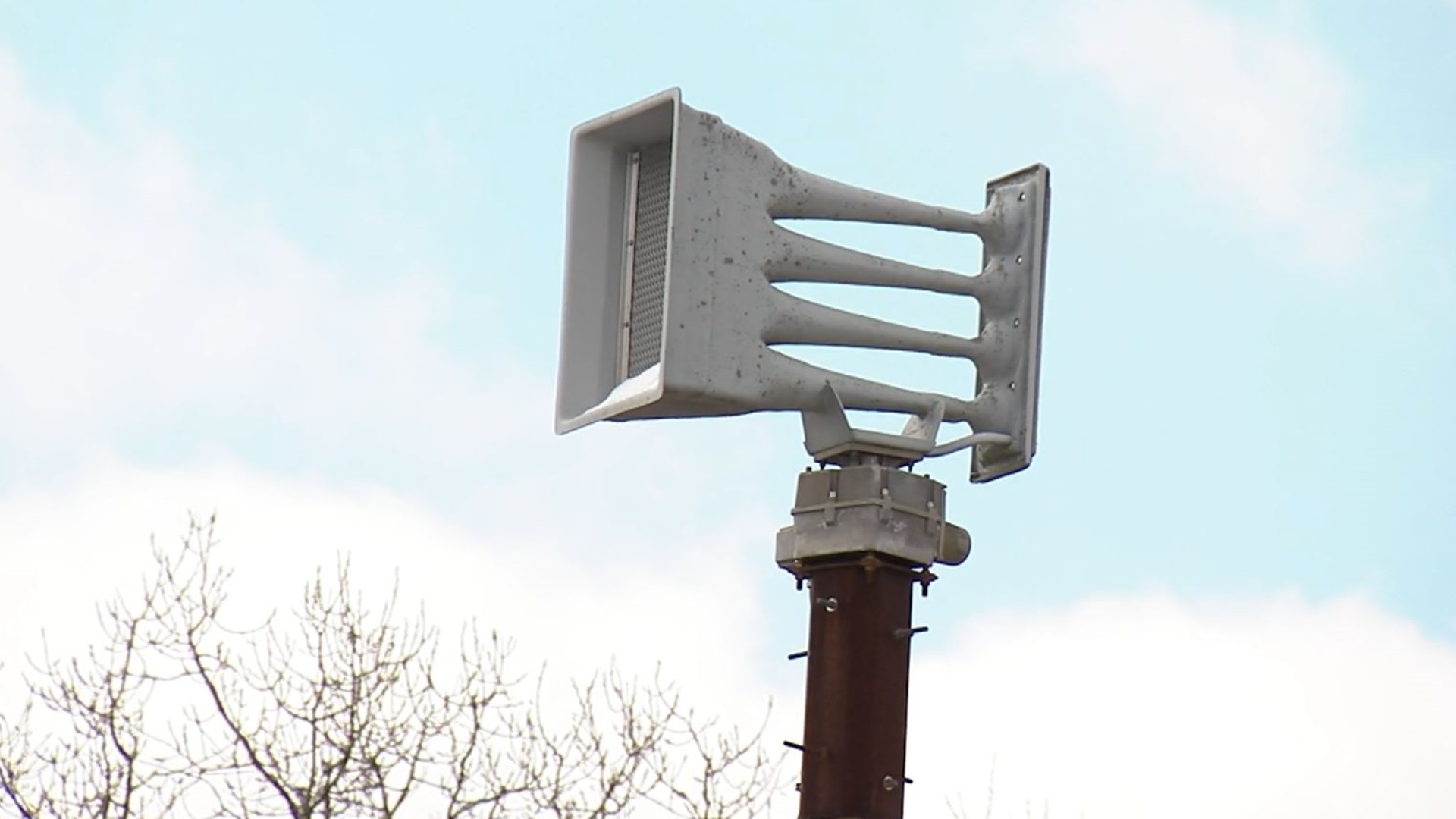Table of Contents
- Warning sirens to go off in 12 cities today
- Heath residents say tornado sirens went off long after warnings were ...
- Slightly Off the Mark: More realistic tornado siren testing Seventies ...
- Tornado Sirens - YouTube
- Tornado sirens will sound for 3 minutes Wednesday as part of statewide ...
- I was out by some fields today when I heard tornado sirens I looked at ...
- You're going to hear tornado sirens Friday. IMPD wants you to pay attention
- Tornado sirens part of severe weather preparedness
- Tornado sirens at breakfast and some more for lunch today 😐 Wonder what ...
- Tornado Sirens Malfunction in Aurora Saturday Following Wheaton Tornado ...


The tests are a crucial part of the state's emergency preparedness plan, which aims to alert residents of potential dangers such as tornadoes, severe thunderstorms, and other hazardous weather conditions. The sirens are designed to be loud enough to be heard by people who are outdoors, and they are an essential tool for warning people of impending danger. By testing the sirens, county officials can ensure that they are functioning properly and that residents are aware of the warning system.


Why Tornado Sirens are Important

In Minnesota, tornadoes are a relatively rare but potentially deadly occurrence. According to data from the National Oceanic and Atmospheric Administration (NOAA), the state averages around 45 tornadoes per year, with the majority of them occurring during the summer months. While the chances of being affected by a tornado are relatively low, it's still important for residents to be prepared and know what to do in case of an emergency.


What to Expect During the Tests


It's worth noting that the tests are only a drill, and there is no actual severe weather expected during the testing period. However, it's still a good idea to take the opportunity to review your emergency plan and make sure you know what to do in case of a real emergency. This includes knowing the safest route to a shelter, having a plan for communicating with family members, and staying informed about weather conditions through a reliable source such as a weather radio or a smartphone app.
The tornado siren tests scheduled to take place on Thursday are an important part of Minnesota's emergency preparedness plan. By testing the sirens, county officials can ensure that they are functioning properly and that residents are aware of the warning system. It's also a good opportunity for residents to review their emergency plan and make sure they are prepared for potential severe weather events. Remember to stay informed, have a plan, and know what to do in case of an emergency.For more information about the tornado siren tests, including the schedule and locations, please visit the website of your local county or emergency management agency. You can also follow local news and weather reports for updates and information about severe weather events in your area.
